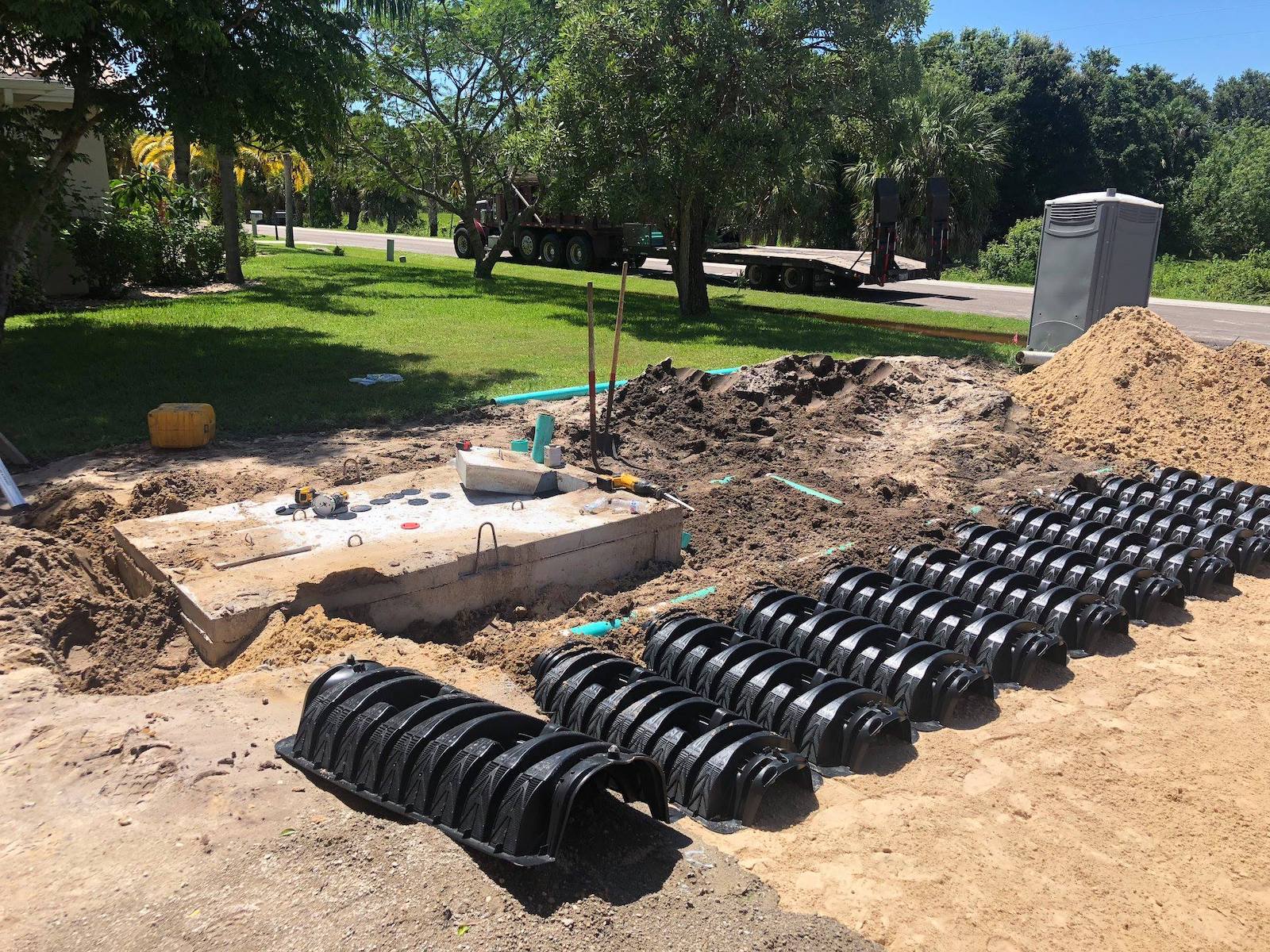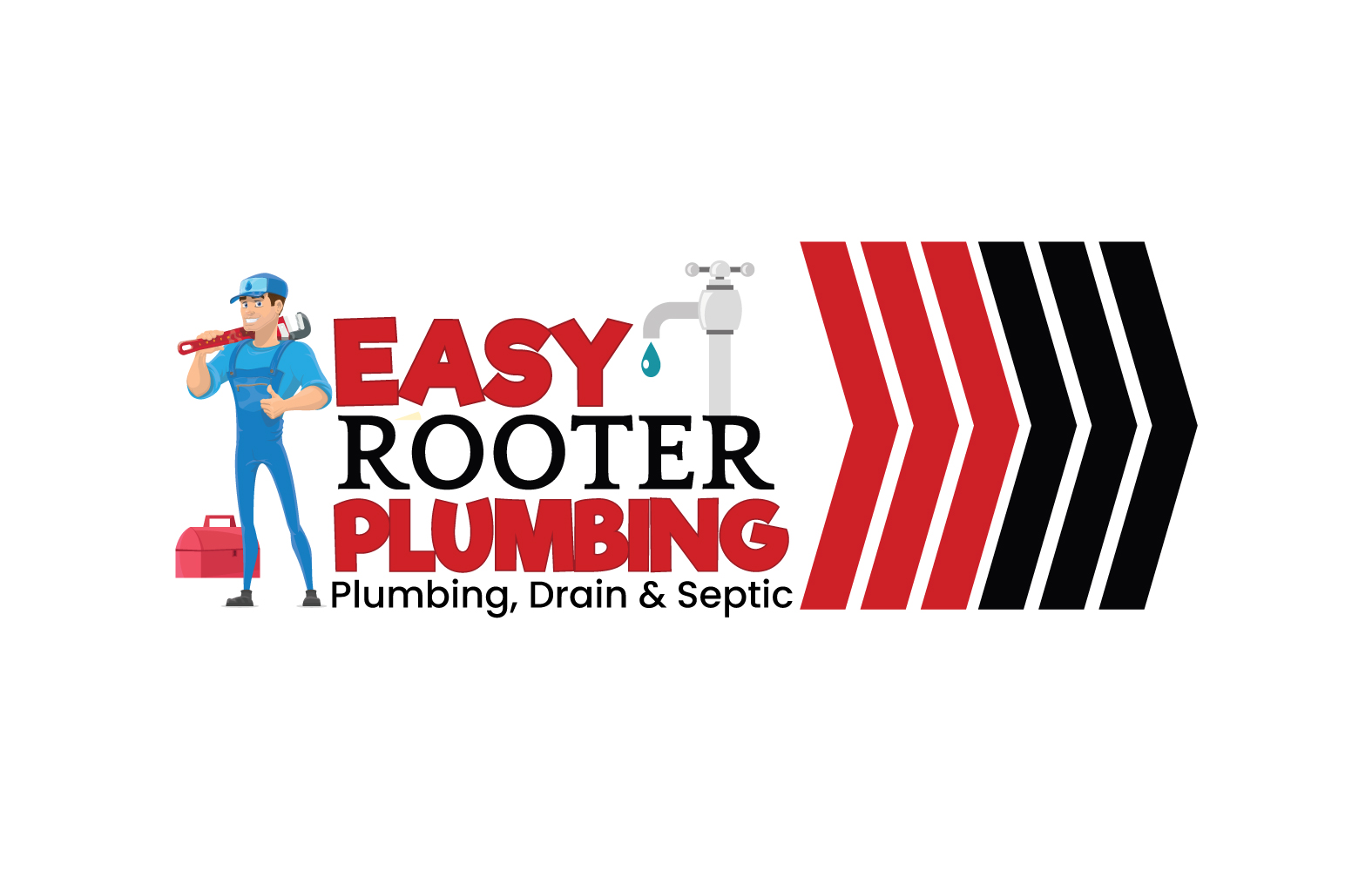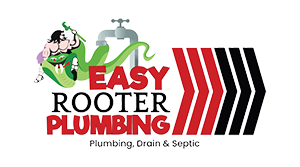What Is A Leach Field And How Does It Work?

As a homeowner, you often hear the terms septic system and leach field, but you may not be entirely acquainted with the real meanings of these terms and how they work together. So, in this blog, we’ve explored the world of leach fields, their purpose, and how they function in the grand scheme of a septic system.
While finding reliable plumbers in Reno can be challenging, comprehending the inner workings of a leach field can assist you in efficiently maintaining your septic system.
What Is a Leach Field?
Septic systems leverage a leach field (AKA a drain field or septic drain field), allowing wastewater to percolate into the ground. If you’re living somewhere without a municipal sewer system, you might have a septic system. It’s an underground water treatment structure usually found in rural areas where large-scale sewer systems are unavailable. The leach field is designed to remove impurities and contaminants from the liquid emerging from the septic tank, enabling clean water to be absorbed back into the ground.
How Does a Leach Field Work?
● Wastewater Treatment
Before reaching the leach field, wastewater from your home first enters the septic tank, where solid waste settles at the bottom while scum and grease float on the surface. Next, bacteria in the tank break down the solid waste into sludge, while the liquid portion of the wastewater—effluent—flows out of the tank and into the leach field.
● Effluent Distribution
Once the effluent reaches the leach field, it is distributed evenly across the entire area, accomplished through a network of perforated pipes buried in gravel-filled trenches. The effluent then percolates through the holes and into the soil.
● Soil Filtration Process
As the effluent flows through the soil, a natural filtration process commences. Soil microbes nibble away at any leftover organic matter while the soil particles filter out bacteria, viruses, and nutrients like nitrogen and phosphorus. After the soil filters the effluent, it reaches the groundwater to transform into clean water that meets most environmental safety standards.
Leach Field Maintenance Tips
As a septic system owner, the preventative maintenance of your leach field can help you avoid costly repairs and ensure the longevity of your septic system. Here are some essential maintenance tips from experienced experts in leach field installation in Reno NV:
● Regular Inspections and Pumping
Keeping up with your septic system is vital. To maintain it, have a professional plumber inspect it at least every three years and pump it every three to five years, depending on your household size, wastewater output, and tank size.
● Conserve Water Usage
Reducing the water usage in your home can help prevent overloading your leach field. Fix any leaks and install water-saving fixtures like low-flow toilets and showerheads.
● Avoid Overloading the Drain Field
Never Park your cars or heavy equipment on your leach field since the soil can get compacted and damage the underlying pipes. Another thing is to steer clear of planting trees or shrubs nearby, as their roots can infiltrate and damage the pipes.
● Keep Chemicals and Non-Biodegradable Items Out of The System
Pouring grease, oils, and chemicals down the drain might impair the soil’s ability to filter the affluent. So, avoid them. Similarly, never flush non-biodegradable items like diapers, wipes, and sanitary products, as they can wreak havoc on the pipes and leach the field.
● Reach Out to Professionals
If you notice any signs of potential problems, such as pooling water in the yard, sewage odors, or slow drains, seek plumbing contractor services in Reno NV, for assistance.
Conclusion
Understanding how a leach field works and properly maintaining it is crucial for homeowners with septic systems. By taking care of your leach field through regular inspections, water conservation efforts, and avoiding potential damage, you can save yourself from expensive plumbing services while ensuring a safe, efficient wastewater treatment system for your home.


